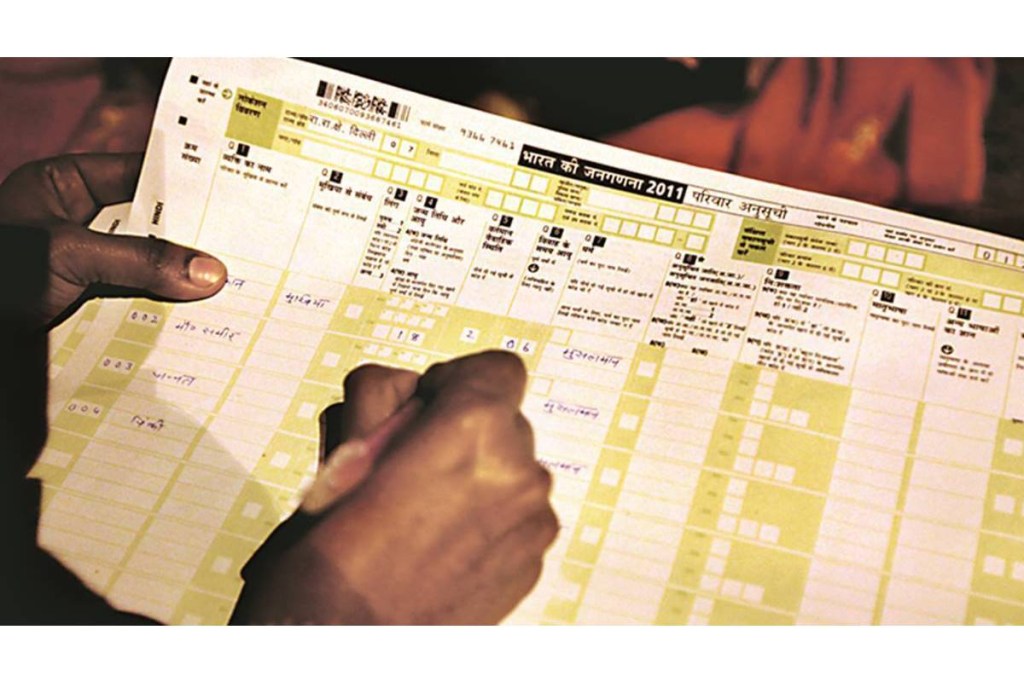Union Home Minister Amit Shah on Monday said that the next census will be conducted in electronic mode through which a ‘100 per cent perfect’ enumeration can be expected. He also said that e-census will allow births and deaths be updated automatically.
Speaking at a function in Assam’s Amingaon, Shah said that while the e-census will have its challenges, there would also be advantages. About 50 percent of the population will be able to feed their data themselves once the mobile application is downloaded on their phones, he added.
“A person’s name will be added to the census at birth. When they turn 18, the name will be included in the electoral roll and after death, the name will be deleted,” he said.
The Union Home Minister pointed out that the census data can reflect demographic changes, economic mapping, area left behind in the development parameters, cultural, linguistic and societal changes.
Shah also inaugurated the newly revamped website of ORGI-www.censusindia.gov.in. The new website comes with advanced features like population finder’, data visualisations.
Earlier in March this year, the central government notified certain amendments to Census rules to allow online self-enumeration in the upcoming Census and National Population Register (NPR). The announcement had been made in 2020, but the exercise was postponed in wake of the COVID-19 pandemic.
The Centre amended Census Rules, 1990, to include “electronic form” and “self-enumeration” in the schedule of questions to be asked during census enumeration. The amendment has been inserted in clause C of Rule-2, which deals with definitions.
Clause C now reads: “Census Schedule means the schedule containing questions referred to in sub-section (1) of section 8 of the Act, in paper form or in an electronic form and can be canvassed in the said modes including through self-enumeration.”
The Census was scheduled to begin in March 2020 with the house-listing phase and NPR enumeration, followed by population census, but was postponed indefinitely due to the COVID-19 pandemic.
The Centre recently extended the deadline for jurisdictional changes for all states up to June 30, 2022. December 31, 2021 was the deadline set earlier.
The extension of the deadline, according to the Centre, was done on the request of states, which said that they have not been able to update jurisdictional changes for various reasons.
